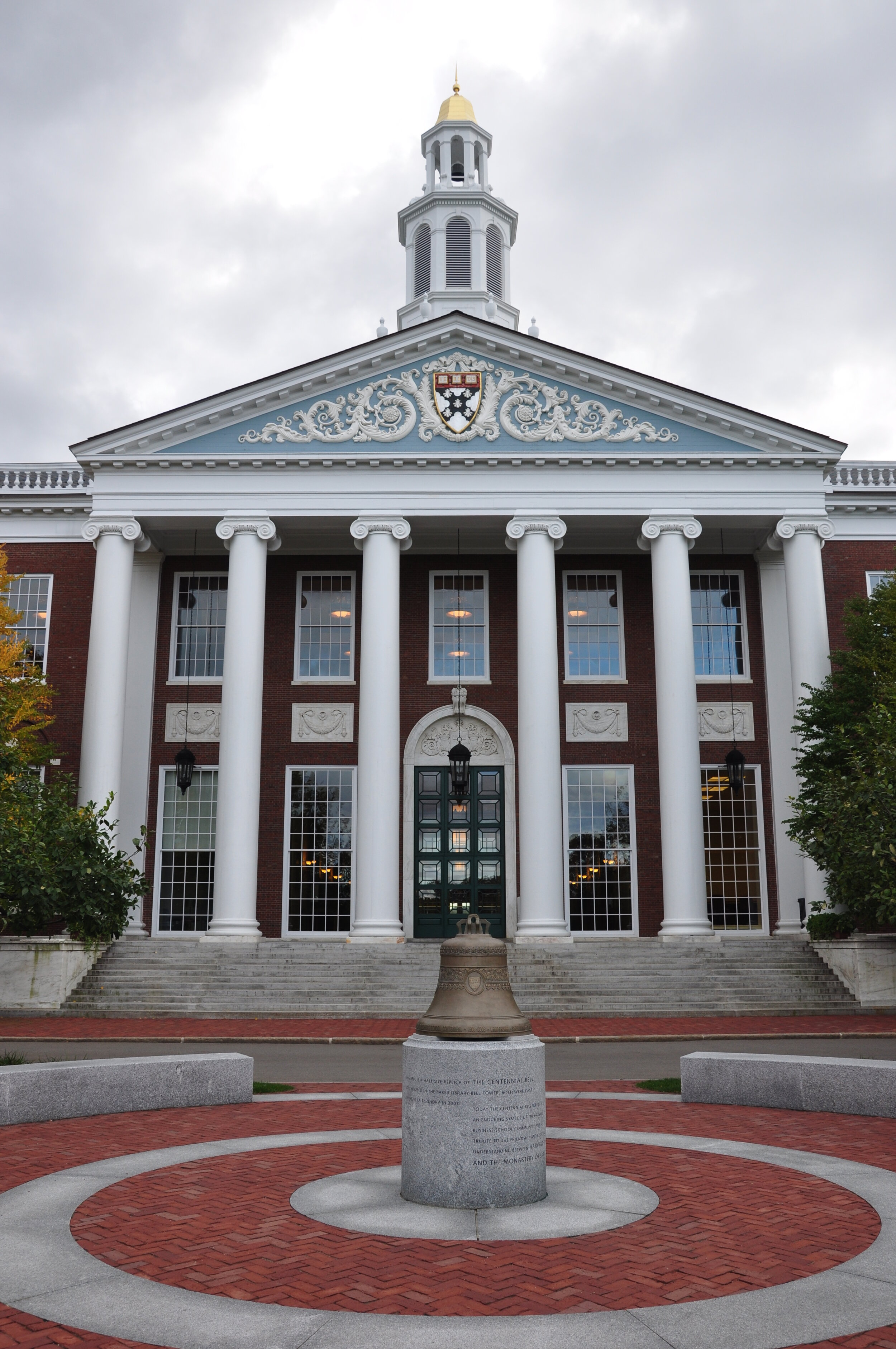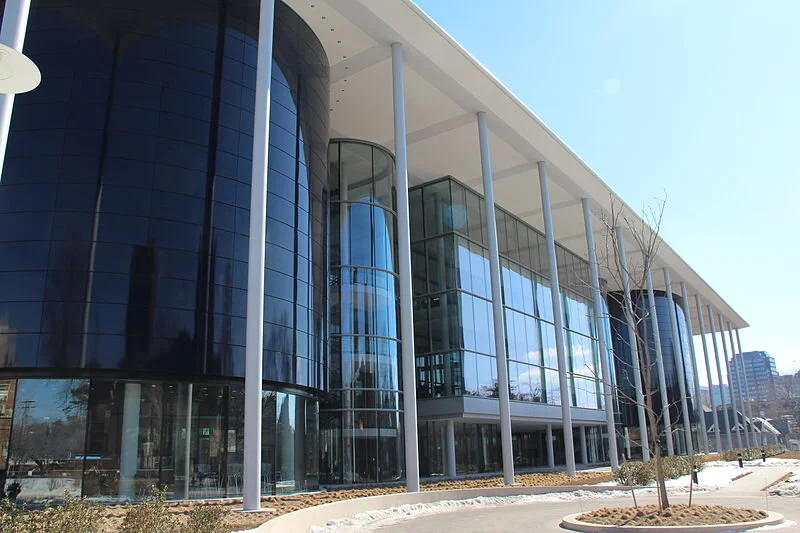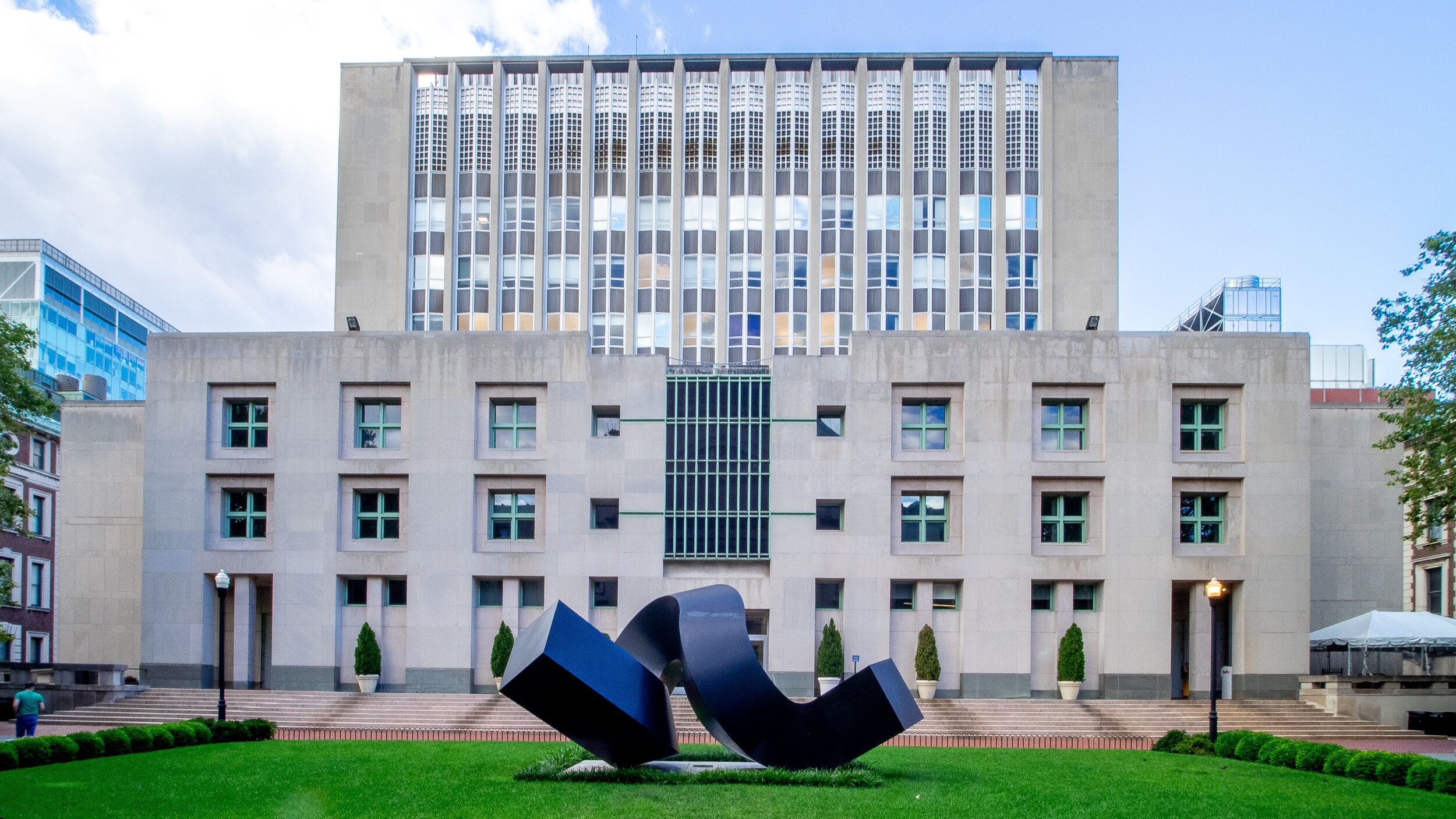How to get into Stanford Graduate School of Business (GSB)
/Over 7,324 people applied to Stanford GSB in 2020, but with a class size of 436 students and a 5.9% acceptance rate for the class of 2022, GSB is perhaps the most difficult MBA program to get accepted into from a pure numbers perspective (HBS has more applicants each year, but also a larger class size. The HBS class of 2021 had a 10.2% acceptance rate). What is the difference between the applicants who were offered a spot and those who were rejected? What can you do to make sure you are one of the lucky people accepted to Stanford GSB?
Table Stakes
It is clear from the GSB website that there are some minimum table stakes you need to meet in order to gain admission into Stanford GSB.
GPA/GMAT/GRE: While GSB claims to have no minimum GPA requirement to gain acceptance, with an average GPA of 3.8, the average applicant shouldn’t be too far under a 3.5 if you want a decent shot at admission.
Not all schools and majors are created equal. While Stanford draws heavily from elite undergraduate institutions, they tend to be a little more forgiving for peer-school-but-not-Ivy League graduates than HBS. Anecdotally, we have also seen a greater concentration on quantitative majors such as economics and computer science.
The median GMAT score for the class of 2022 is 733 and the median GRE verbal and quantitative scores are 165/164. We tell the candidates that we work with that once you have higher than a 710, you don’t need to worry about retaking the GMAT, although if you have a very low GPA, a higher test score will help you. We like to use this website to calculate the GMAT score equivalent for the GRE.
There is no preference between submitting test scores for the GMAT vs. the GRE – take whichever test you feel you will score best in. People who are stronger at math tend to excel in the GMAT, whereas people who are strong verbally tend to do better on the GRE, but this is a generalization. Our recommendation is to take a free practice test or answer some practice questions for both tests to see which one you gravitate toward.
Work Experience: The average years of work experience is 4.7. Now, this doesn’t mean that if you have fewer than 4 years you will not get in; rather, it means that you should have enough work experience to allow you to make a significant impact in your role, and for most people that seems to take about 4-5 years.
The specific roles that GSB candidates tend to come from are the more technical ones in their industry. That means if you work at a bank, you work as an investment banker; at a tech company, as a software engineer.
Previous Industry: GSB does not care which industry you come from pre-MBA. Historically, GSB has had a reputation for being strong in tech. While this is true given its proximity to Silicon Valley, the most common background for applicants is actually Investment Management, PE & VC. However, like every top business school, GSB’s goal is to attract a good mix of students from different backgrounds and industries to bring diversity to the class. Keep in mind that if you’re applying from a common industry, you may need to have a stronger application to stand out.
But I have a 4.0 from Yale and I worked at McKinsey and Facebook – why did I get rejected?
A quick perusal of MBA forums will reveal numerous people posting their incredible stats and profiles, along with their rejection results from top schools. Why is this?
Here is the tough truth – there are way more people who apply to schools like Stanford GSB and meet the minimum table stakes than there are spots. Unlike college applicants, business school applicants to schools like GSB tend to be a more self-selecting group of people who feel like they at least have a remote shot at being accepted, i.e. meeting the minimum table stakes. So, it is clearly not enough to just meet the minimum table stakes. What sets apart those who get accepted and those who don’t?
What is that special ingredient? Narrative. It’s a simple word, and quite frankly, a simple concept. But it is often misused, forgotten, or implemented haphazardly. A narrative is a story arc that connects your personal inspirations and motivations to your career aspirations. In the case of an MBA application, a personal narrative will inform the admissions committee how you ended up on your current life story arc, show where this arc will take you by projecting it into future, and then argue why business school is the logical next step in your career because it is the perfect bridge to connect the two. Why are you more deserving to attend GSB than the hundreds of other candidates whose resumes and profiles look remarkably similar to yours?
How Narratives Differ Between GSB and HBS: What we find from our successful candidates at HBS and GSB is that HBS prefers the traditional Marshall-Ganz-style narrative that connects the individual’s candidacy with a particular career mission aligned with the mission of HBS, and with particular urgency given world or economic events. GSB prefers a less career-focused narrative and a more personal-focused one where you latch on to a time of trauma of vulnerability and explain how that set you off on a particular calling that provides a leitmotif for your involvements.
Final Thoughts: It is crucial that your personal narrative be authentic and reflected in every component of your application, something that takes a lot of deep personal introspection and reflection. For many people, this is a struggle, and it can help to have an objective third-party work with you to try and distill your personal narrative. Ivy Admissions Group originally started out by helping Waitlist clients, and over the years we have had the opportunity to help dozens of candidates fix their narratives and gain admission. If this is something you might need help with, please feel free to get in touch for a free consultation, or check out our Complete School Package and Narrative Bootcamp services.GSB websitethis website



























